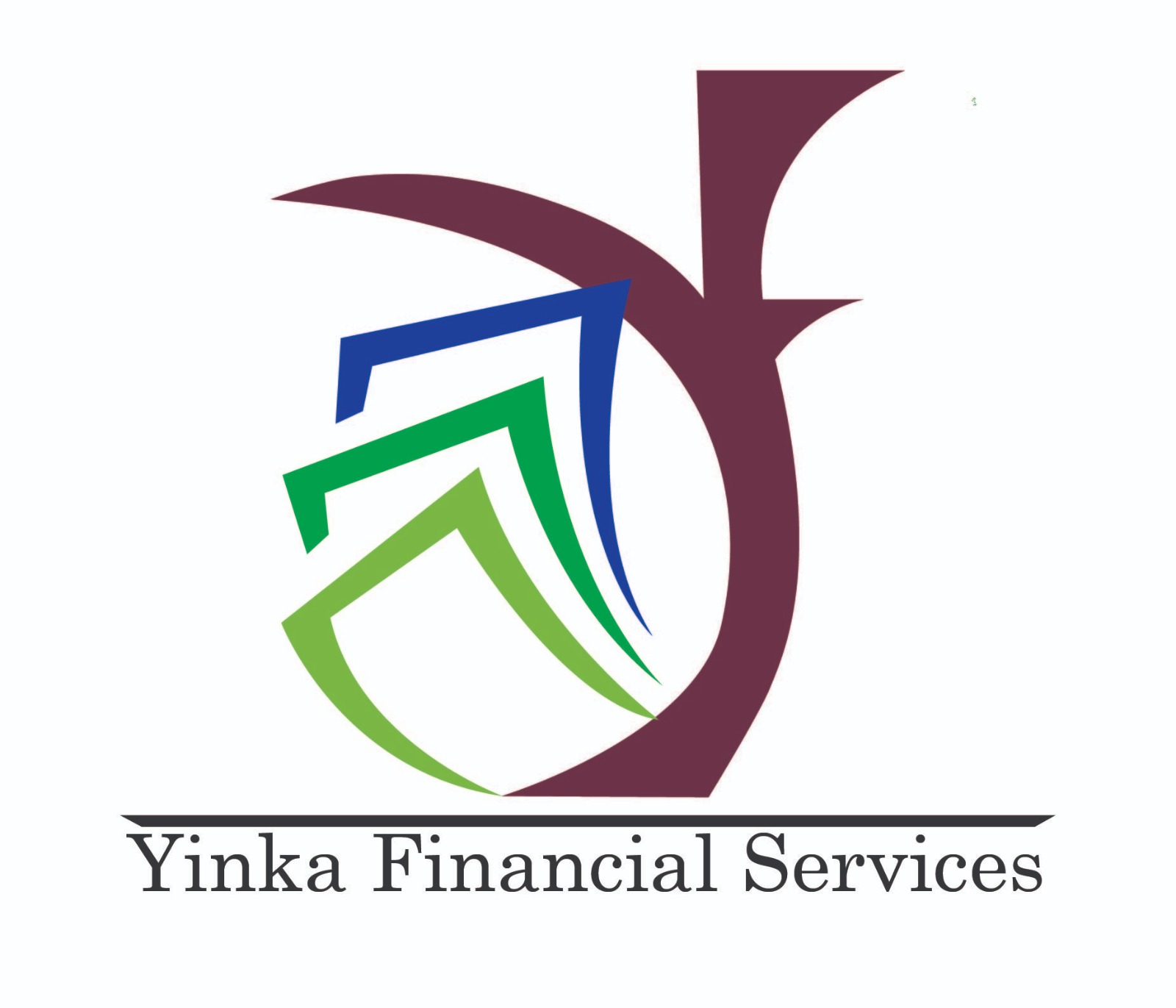
Debunking Common Financial Myths: The Truth About Money in Canada
Debunking Common Financial Myths: The Truth About Money in Canada
Managing money can be confusing, especially with so much misinformation out there. Whether you're saving for retirement, investing, or paying off debt, believing financial myths can cost you thousands. Let's break down the most common money misconceptions — and what you should be doing instead.
Myth 1: You Need to Be Rich to Invest
You can start investing with as little as $50/month. With platforms like online brokerages, and even your TFSA or RRSP, it’s easier than ever for Canadians to begin investing early — and reap the benefits of compound interest over time. Starting small, staying consistent and watching your portfolio grow are keys to stay financial savvy. You can get started by booking a session with us!
Myth 2: You Need a High Income to Build Wealth
Wealth is about saving and investing wisely, not just earning more. A 2023 Statistics Canada report found that 45% of Canadians with six-figure incomes live paycheck to paycheck. Focusing on spending less than you earn and investing early- not just earning more. Consistent investment like $200/month in a TFSA can grow to $100,000 over time thanks to compound interest.
Myth 3: A Credit Card Is Bad for Your Finances
Credit cards can help you build a strong credit score — if used responsibly. Keeping your credit utilization below 30% and paying on time boosts your score, which is essential for loan approvals and better interest rates. Credit score improves with on-time payments and low utilization- not debt. Setting up automatic payments to avoid interest, help boost credit health.
Myth 4: Renting Is Wasting Money
Renting is not ‘’throwing money away.’’ In some cities across Canada like Vancouver, Toronto etc. renting may be more financially sound than buying. Home ownership comes with hidden costs – property taxes, maintenance, mortgage interest. Sometimes flexibility plus investing beats home ownership.
Myth 5: You Should Avoid All Debt
Not all debt is bad – some can build wealth. While there are bad debts, good debt also exists. Good debts include low-interest mortgages, student loans, they can increase your net worth, while bad debt like credit cards, payday loans drain your finances. If the debt helps you grow wealth, it can be smart however if it only costs you interest, avoid it.
Final Thought: Don’t Let Myths Hold You Back
Financial success isn’t about luck—it’s about knowing the facts and acting.
Want Personalized Advice?
📅 Book a financial consultation with our experts to bust your money myths and create a plan tailored to you. Schedule Now

